Safer cities for girls
Girls in Poland need safer cities. Working with youth groups, we are identifying spaces in cities where action is needed to make them safer.
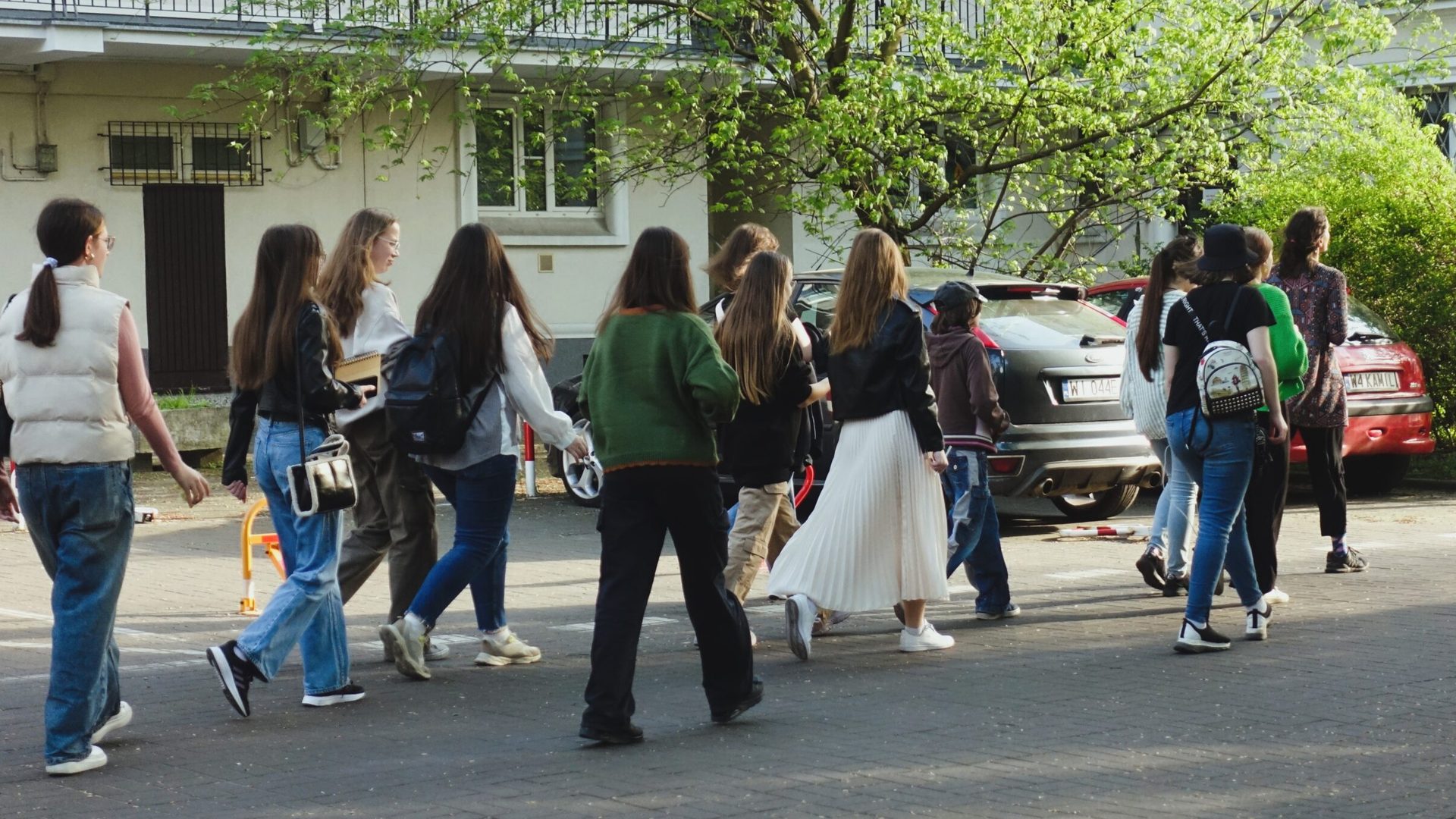
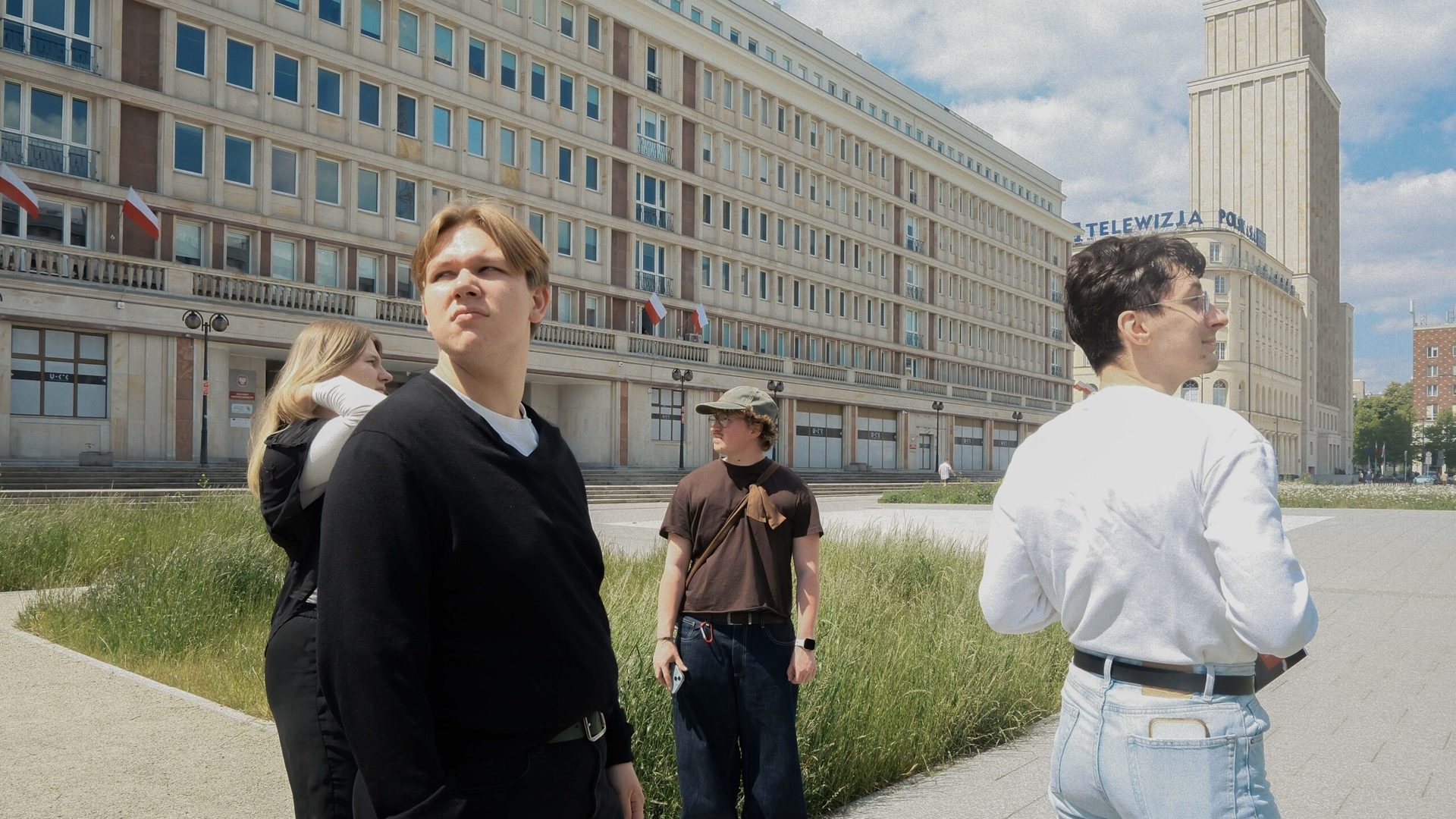
“It is an incredible opportunity to talk to people which are just starting their journey with activism and also to those that have been doing it for a long time. From both I can learn so much.”
Marysia, G*AG member
Women and girls in Poland experience a lot of violence in public spaces, as Polish feminist organisations have been pointing out for decades, even though authorities still do not take gendered verbal and sexual abuse seriously. It is common knowledge among women that there are places in our cities that should be avoided after dark as well as during the day. Our attempts to prevent violence, however, are not always successful in the absence of structural changes in the planning and management of the city. We need safe cities for all women and girls!
Safer Cities for Girls is a project developed by Plan International and successfully implemented in more than 20 cities worldwide. The goal of the project is to tackle the inequalities faced by girls and young women in cities, address stereotypes and harmful gender norms, and eliminate the exclusion from public life that girls experience due to inequality.
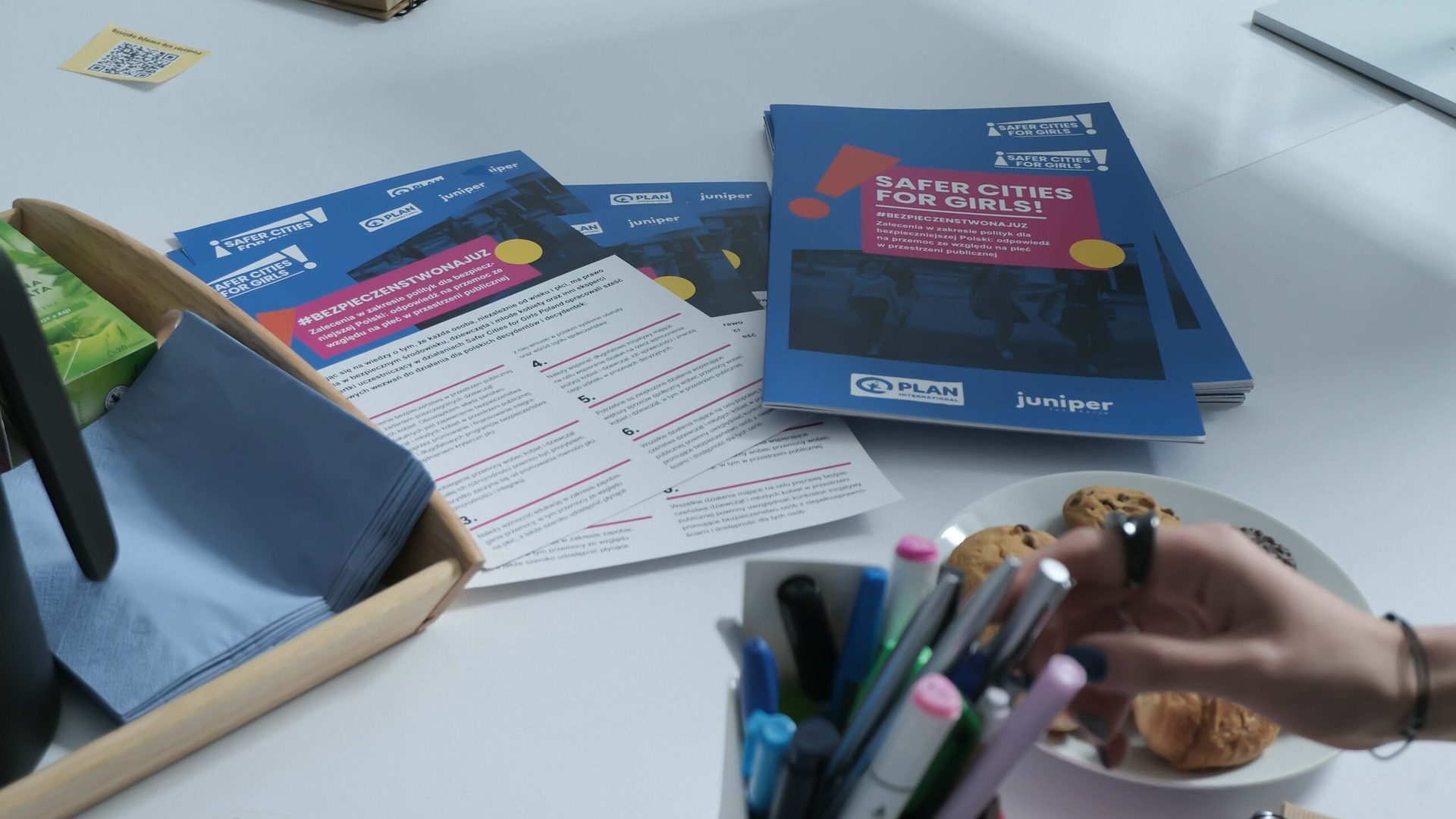
The project’s first stage was focused on research and understanding the roots behind the dangers, violence, and inequality women experience in cities. To do this, we introduced Safety Walks as a research tool, involving youth in the process. To ensure youth-centered approach, we implemented safety walks as a quality data research tool. Safety walks are a way of studying the public space by gathering observations and reflections of women regarding their experiences during the walk around a city. Before the walk starts, participants discuss what safety means to them and what to expect from the walk. After the walk, they are encouraged to rate how safe they felt on the chosen route, and then a further discussion of women’s observations and experiences from the walk starts.
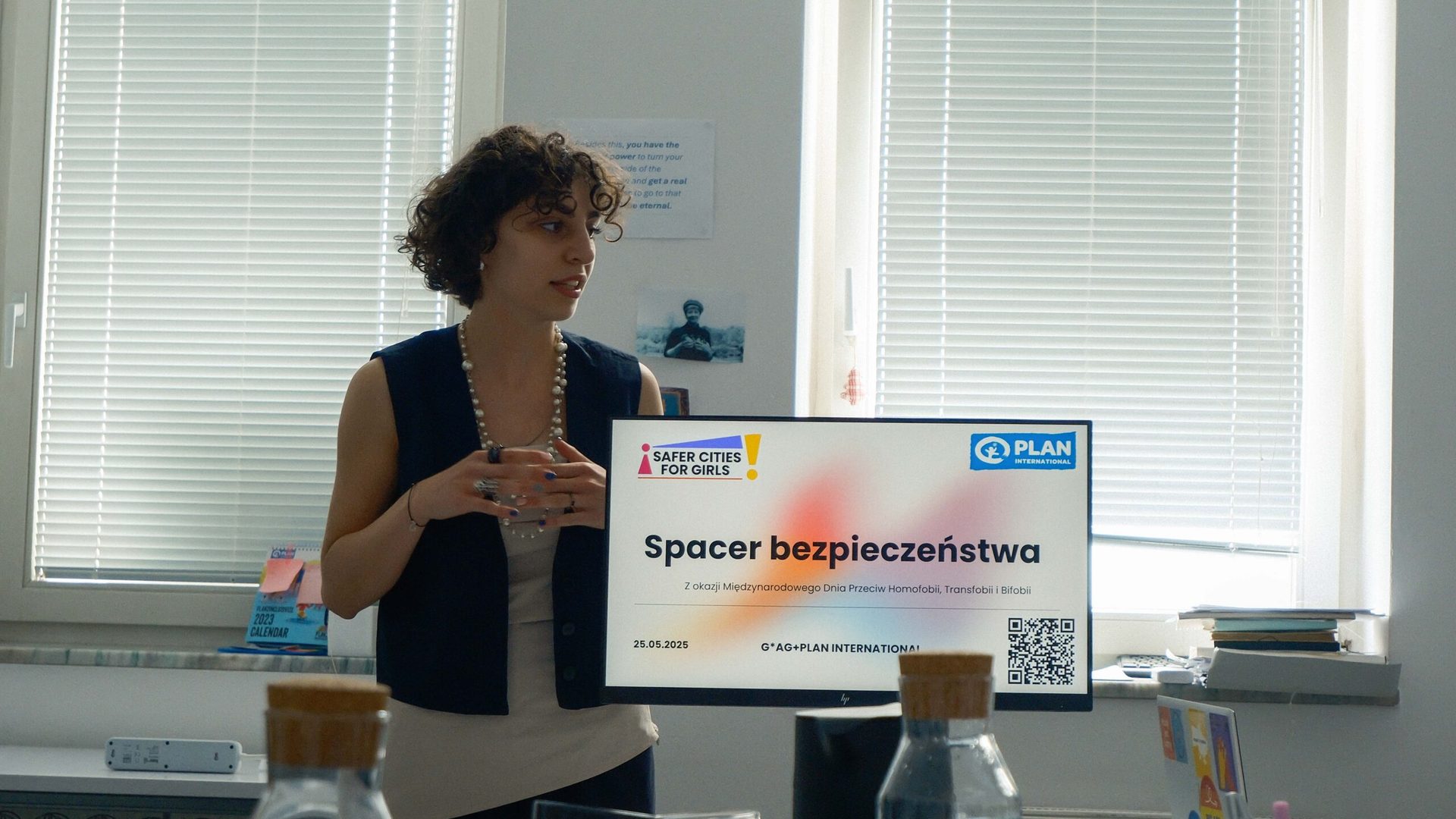
The most important objective of the research stage was to capture women’s experiences in all of their diversity: from women with experience of migration and ethnic minorities to members of the LGBTQ+ community and women with disabilities. Safer Cities stresses the importance of intersectionality in studying the public space and making it accessible and safe to all women.
A significant part of this stage of the project was the Girls* Advisory Group (G*AG).
“*” stands for all people who have the experience of socialising and living as a woman (e.g. transgender people).
It is a group of 6 young people who represent the project, share their ideas, and promote it among youth. G*AG, together with Plan International Poland, is devoted to sharing the perspectives of young people and using their expertise to transform cities. “I am inspired by people, both from G*AG, and others that we met on our way,” shares a G*AG member.
G*AG member Marysia says, “It is an incredible opportunity to talk to people which are just starting their journey with activism and also to those that have been doing it for a long time. From both I can learn so much.”
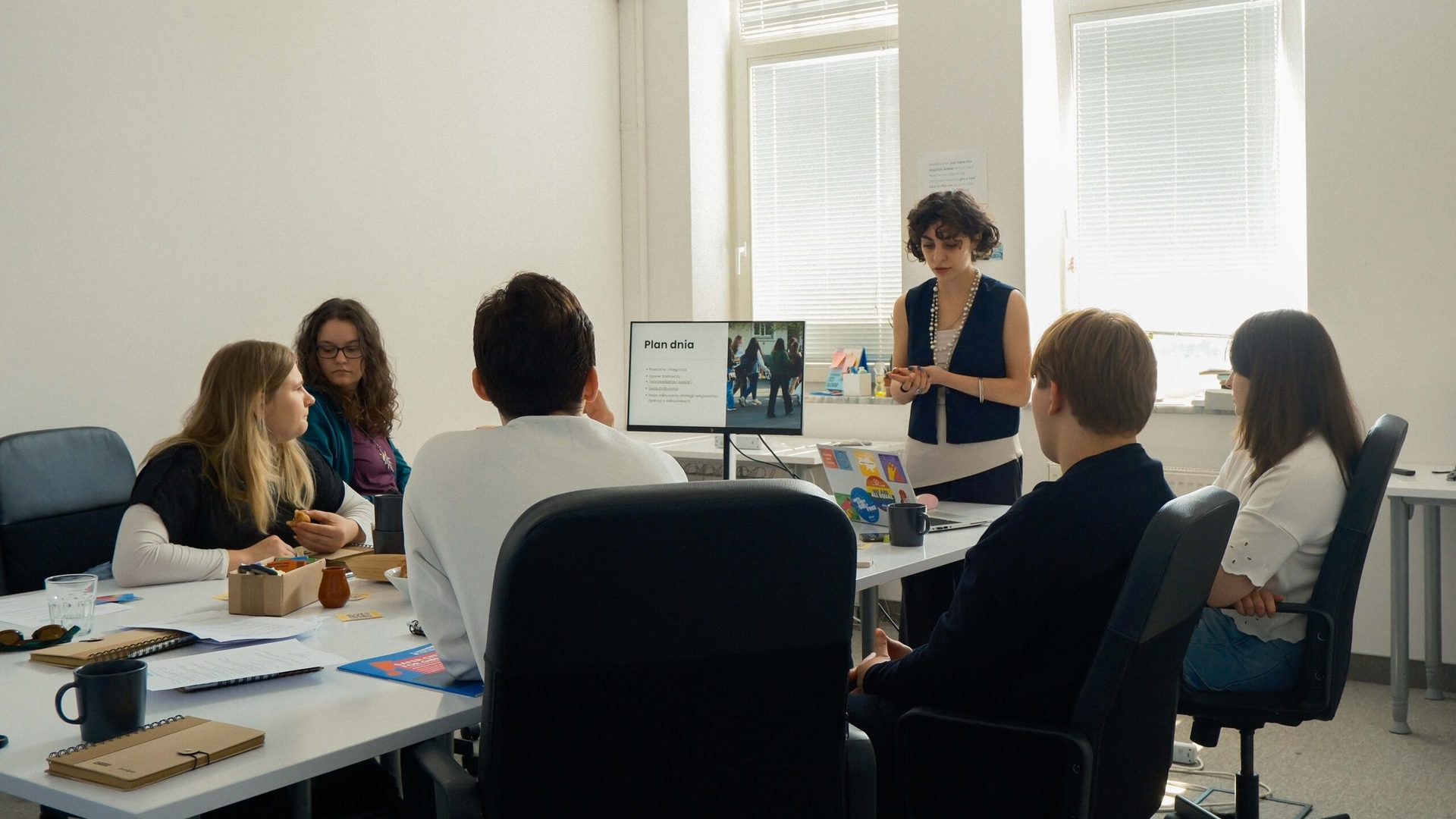
“I am inspired by people, both from G*AG, and others that we met on our way.”
G*AG member
In 2025 the Safer Cities for Girls project by Plan International Poland, remains committed to raising awareness of the issue, disseminating the report and its findings, utilizing safety walks as an advocacy resource, and advocating for more inclusive, diverse, and secure cities. Along with that, Plan International Poland promotes the new SaferCitiesPlatform, which can help to transform how women experience cities. On the platform, anybody can anonymously share their experience, which will help to map what is going wrong in the cities and where actions need to be taken to make the city safer for everyone. The streets of the city are for everyone. Here you should feel welcome, valued, safe and heard.
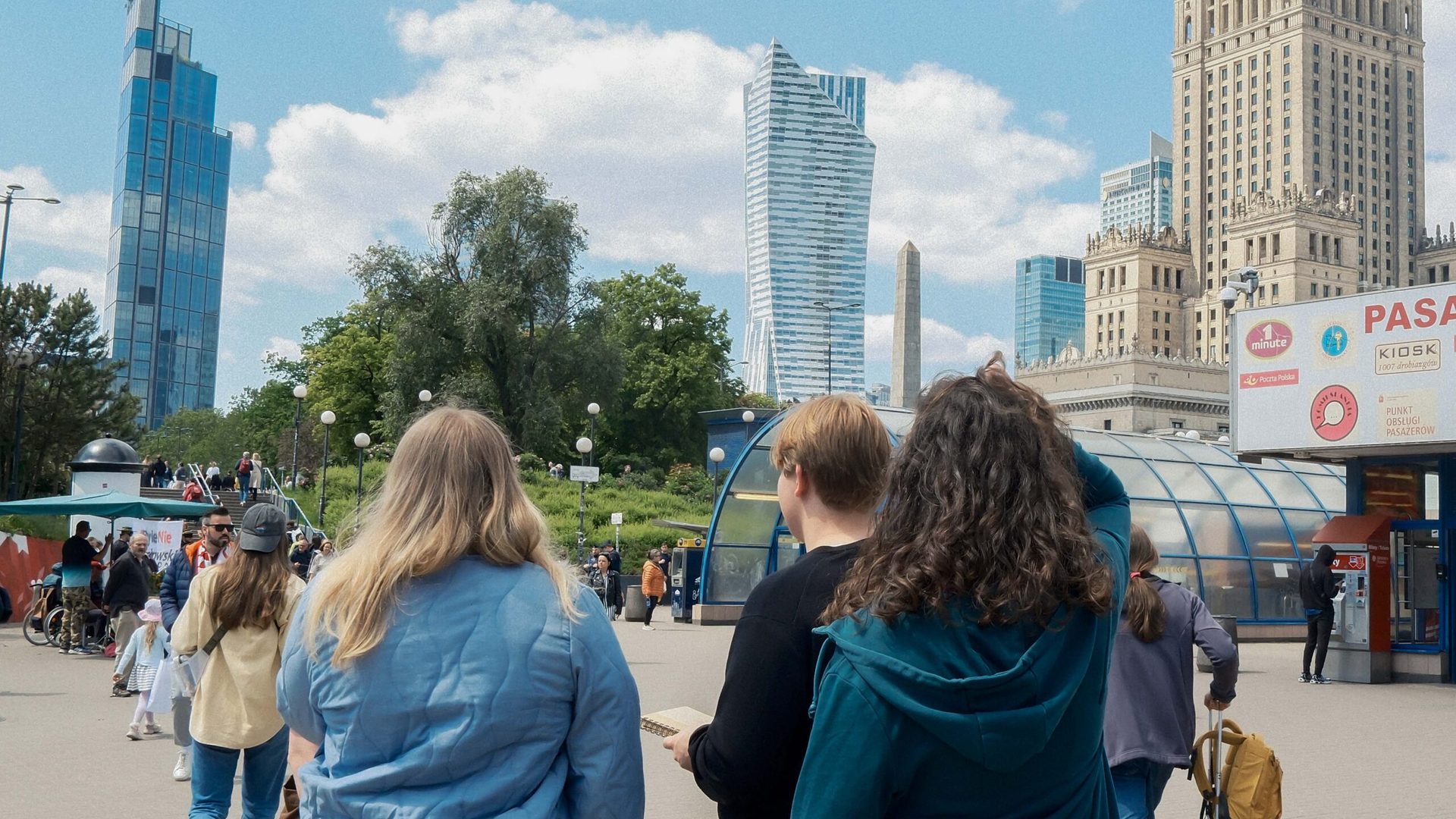
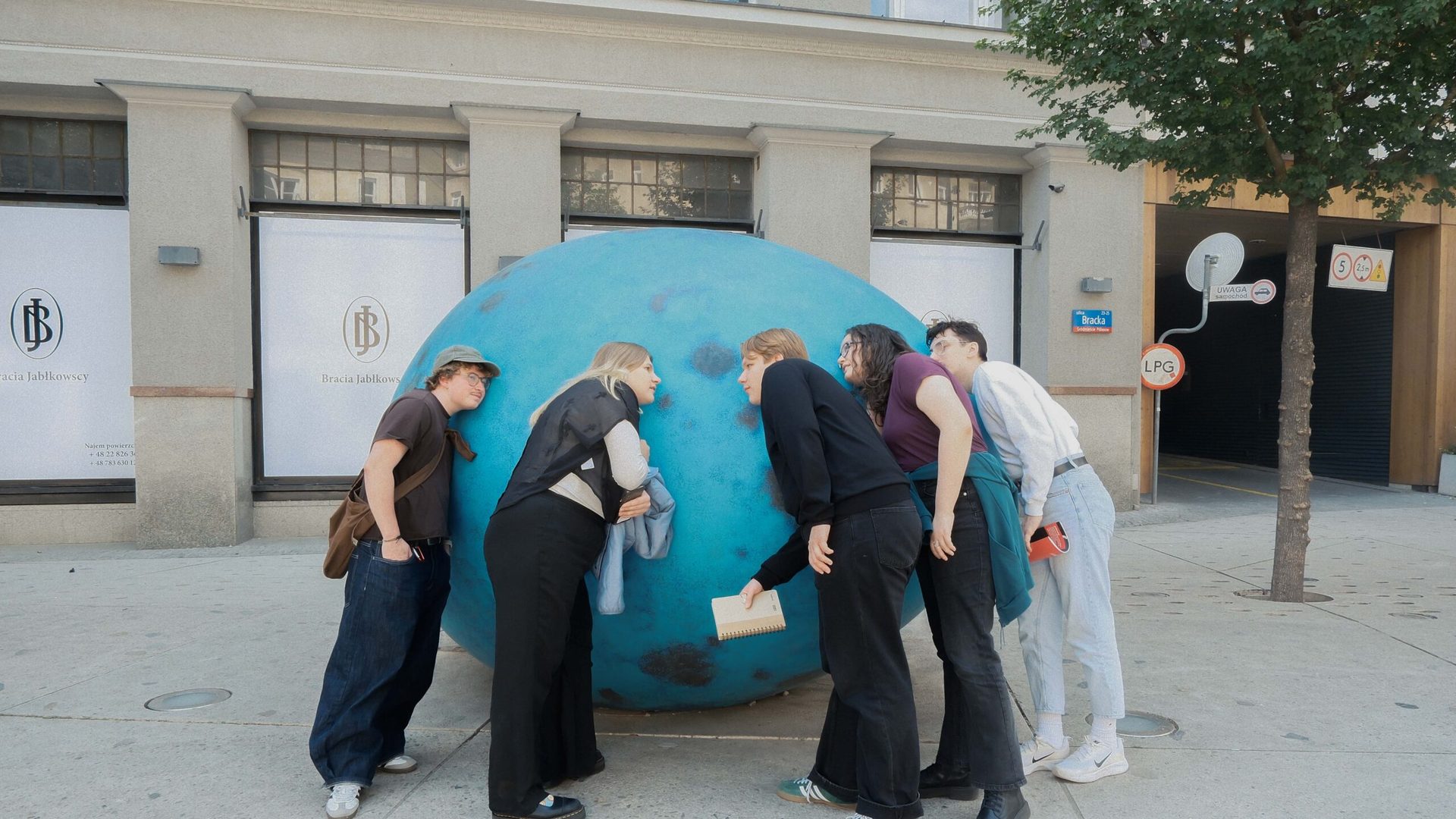
Categories: Protection from violence, Youth empowerment


